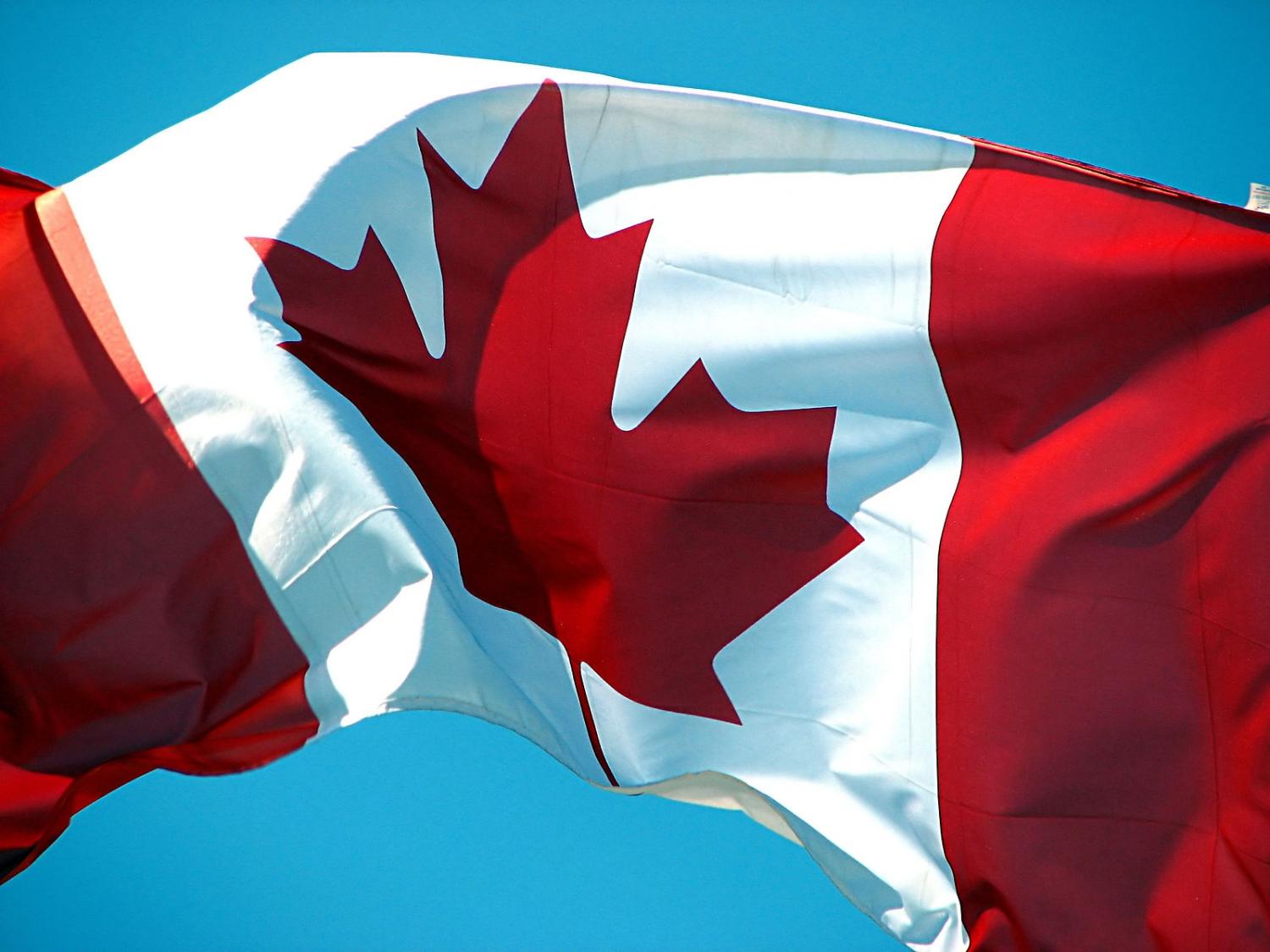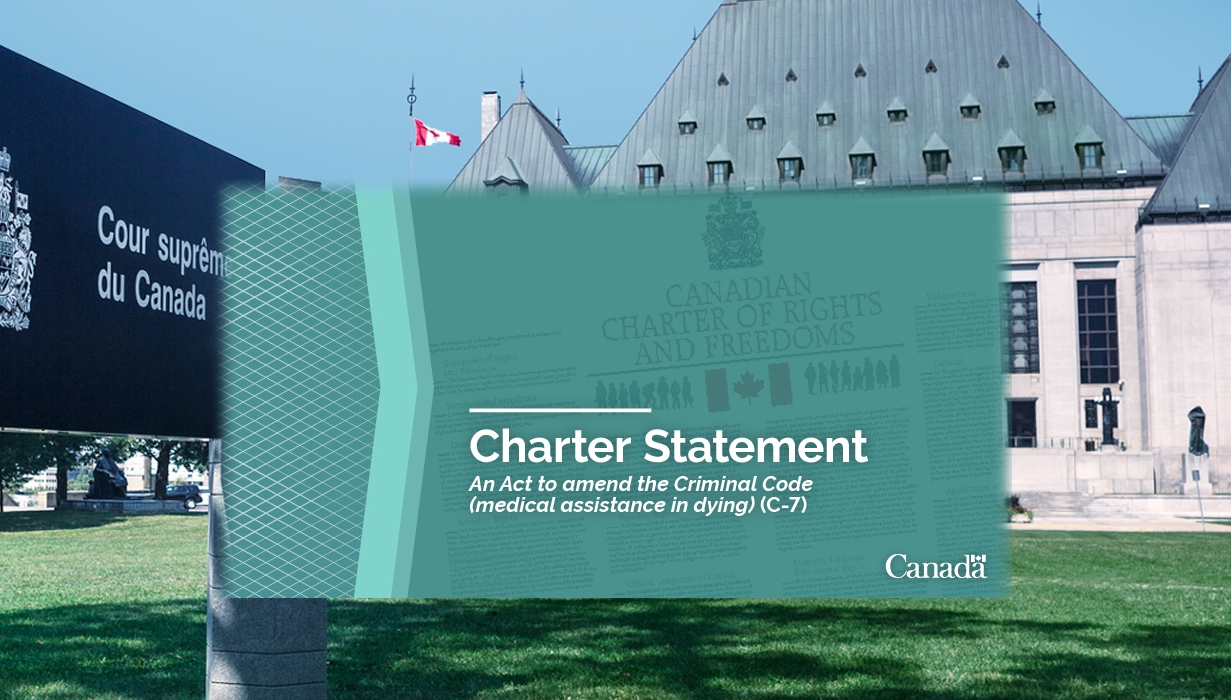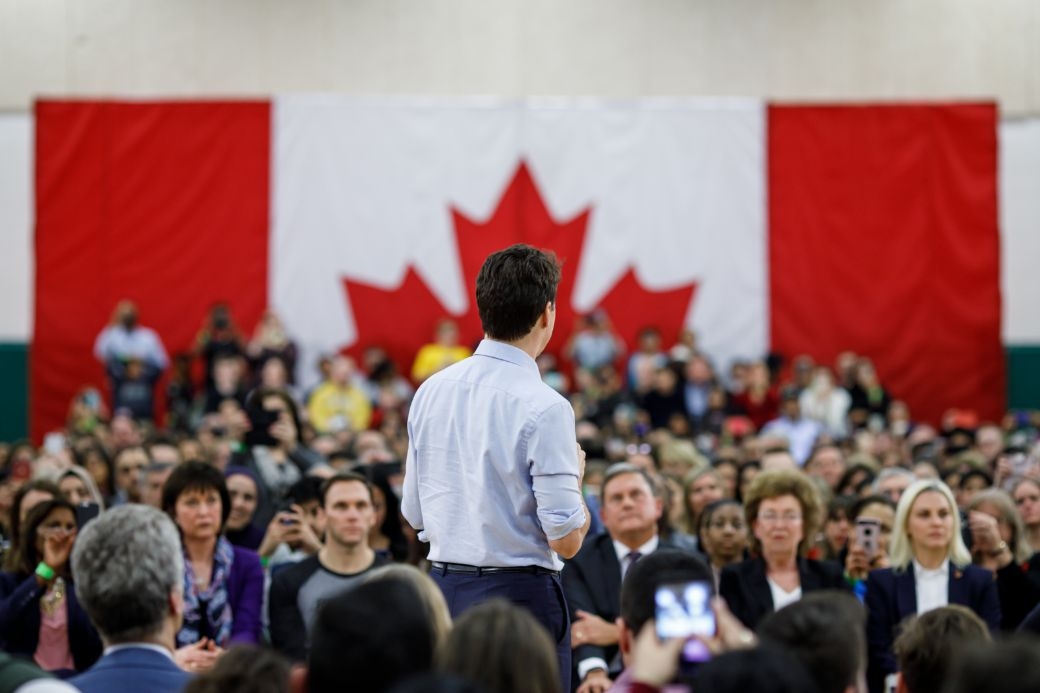
What are ‘Canadian values’ anyway? When talking about immigration, it’s time to focus on the facts
As Canada heads towards its next federal election, we are seeing the rise of one hot button topic: immigration.
Many Canadians have become critical of Canada’s annual intake of immigrants, which hit 310,000 in 2018. Politicians like Maxime Bernier are voicing their concerns about immigration, and have both incorporated stricter immigration policies into their platforms and criticized the current government for allegedly lax immigration laws.
Many people fear that increased immigration threatens the cultural make-up of Canada. Many say that immigrants, especially those coming from Africa and the Middle East, do not share our ‘Canadian values.’
If nationality is based on values, it turns out immigrants might be more ‘Canadian’ than anyone else.
According to a study done by Statistics Canada, immigrants are far more likely than natural-born Canadians to believe that Canadians have a shared set of values. Further, Immigrants are more often proud to be Canadian and are more likely to take pride in Canadian achievements.
Immigrants also find more value and importance in national symbols, such as the Canadian flag and national anthem.
This study calls for many of those opposing immigration and refugee intake to re-evaluate their angle of attack. Canada is based on freedom, opportunity, and human rights- limiting immigration and refugee intake in defense of these values is hypocritical.
Limitations on immigrant intake must be determined by reality, not presumptions.
The annual intake of immigrants is set to rise to 350,000 by 2021, and Canadian cities are already struggling to meet the needs of their recent immigrants. A report reveals that recent immigrants are struggling to find adequate, affordable and safe housing in Montreal, Toronto and Vancouver. This issue is even more pressing for undocumented immigrants, whose ‘illegal’ status virtually nullifies their opportunity for sustainable employment and housing.
Our country is nearing a critical juncture in regards to immigration policy; global conflicts, food shortages and draughts will only increase the number of people seeking a new life in Canada.
And in an increasingly polarized political climate, immigration policy must be based on facts, data and objective truths. Hyperbole and emotional appeals are nothing but a disservice to present and future Canadians.
The stakes are high. So, when discussing the future of immigration, it’s crucial that we leave ideologically based appeals out of the conversation.
Photo credit: Ian Muttoo









